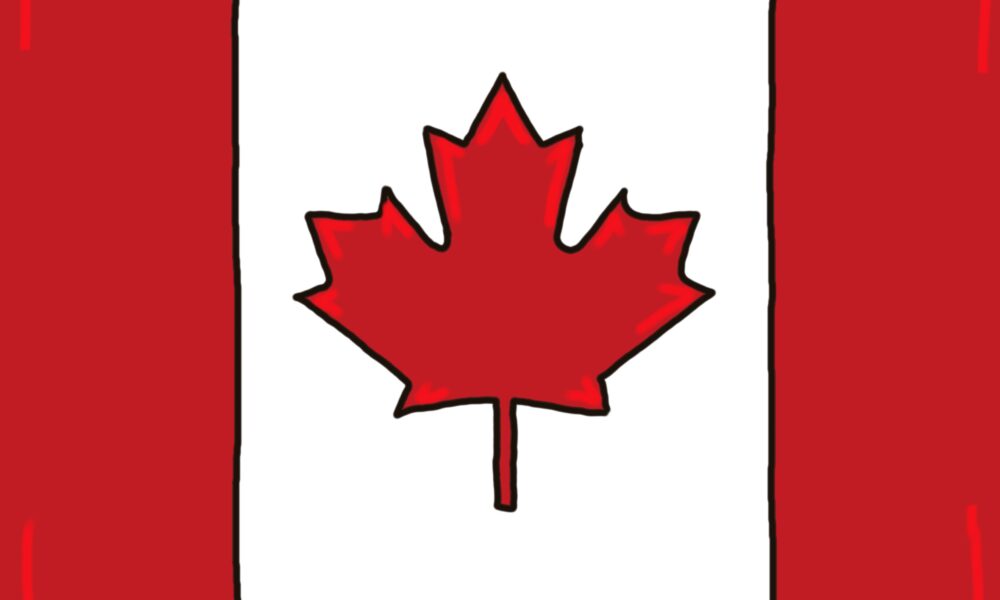On Oct. 24, Immigration, Refugees and Citizenship Canada (IRCC) Minister Marc Miller announced the 2025-2027 Immigration Levels Plan which aims to decrease the number of temporary residents in Canada from 6.2 per cent of the population in 2023 to 5 per cent by the end of 2026. To achieve this, the plan includes a new ceiling of 437,000 study permits issued for 2025. The government will also tighten the eligibility requirements to gain a post-graduation work permit (PGWP). Starting Nov. 1, those wishing to obtain a PGWP must demonstrate a Canadian Language Benchmark level 7 for French or English. Amid the rollout, McGill and its students hypothesize the potential impact on the university.
According to a federal government news release from January, the government imposed the restrictive measures to address the housing and healthcare shortage. In the same release, Miller alluded to some institutions that “significantly increased their intakes to drive revenues.”
McGill boasts a diverse student body with almost 30 per cent of the population coming from over 150 countries. The Media Relations Office (MRO) wrote to The Tribune that it is unclear whether these restrictions will impact the university as details have yet to be shared. As such, MRO wrote that McGill remains confident in its international standing.
“McGill’s international standing is based on the excellence of its academic and research programs, its international outlook and its ability to innovate based on the research it conducts,” the MRO wrote. “As a result, we expect our international standing to remain strong. ”
According to Caroline Viola, U3 Science, and co-president of the McGill Biology Student Union (MBSU), many international students are attracted to McGill under the notion that there is a clear pathway to obtaining a PGWP. The implementation of the new PGWP restrictions could act as another stress factor for many—especially those who will be graduating this year.
“This change is definitely detrimental to students […] if you have jobs in mind in Canada, just knowing that there might be a restriction on if you can actually be allowed to stay here to take the job is really unfortunate, and I think it definitely just adds a stressor for a lot of students, as well as restricting probably where students will end up applying,” Viola told The Tribune.
The MRO wrote that McGill President and Vice-Chancellor Deep Saini, along with administration leaders from the Université de Montréal, Université Laval, and Université de Sherbrooke, will appear before a Parliamentary Commission at the National Assembly of Québec on Tuesday, Nov. 5 to present their unified stance on the new immigration regulations. The MRO also noted that the International Student Services provides support to students who wish to obtain a PGWP through webinars, advising sessions, and step-by-step guides.
Nick Chow, U3 Arts and Science and MBSU’s co-president, also remarked on the potential that it may be some time before any impacts are seen at McGill.
“These are federal government changes and changes that are affecting schools all across the country,” Chow told The Tribune. “And so we’re getting numbers at the federal level and once that trickles down to McGill itself, it’s really hard to know exactly how many less international student spots there will be.”
Alongside these restrictions, the Quebec government has taken its own measures to cut down immigration levels. The provincial government announced on Oct. 31 that it will not accept new applications under the Québec graduate stream of the Québec Experience Program. This will be in effect until July 30, 2025 at the latest. Additionally, tuition hikes have been imposed on out-of-province and international students at anglophone universities. For Twisha Singh, coordinator for the Post-Graduate Students’ Society’s International Student Caucus, these kinds of measures have an outsized effect on students from low-income backgrounds.
“When considered alongside Quebec’s recent tuition increases for out-of-province and international students, these federal restrictions seem part of a broader trend that could disproportionately impact students from marginalized or lower-income backgrounds,” Singh wrote to The Tribune. “Policies like these affect not just individual students but also our ability to foster an environment where diversity, representation, and inclusivity are more than words—they are lived realities.”









